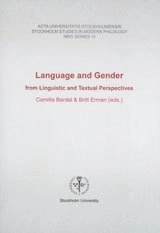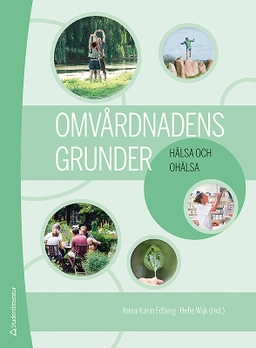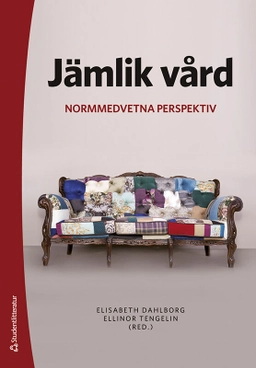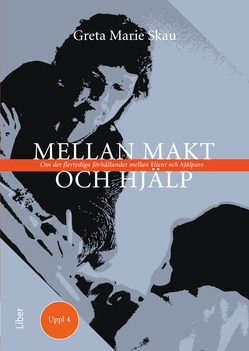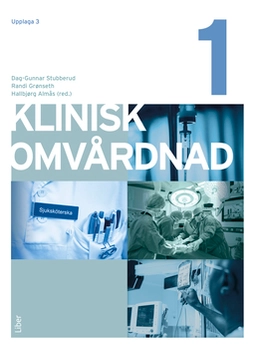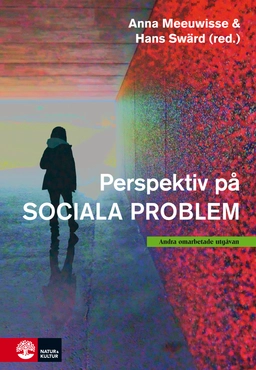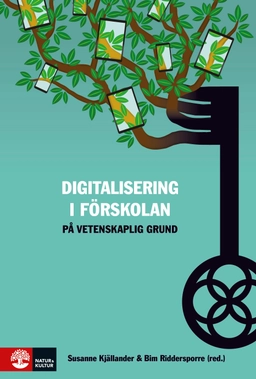Some of the papers in this volume are formed by the "postmodern" view of gender issues, notably: the shaping of identity in relation to gender and roles in present-day Czech talk shows (Tora Hedin), the representation (or rather, underrepresetation) of women in a 14th century French chronicle (Per Förnegård), and a socio-semiotic discourse analysis of gender roles in gardening manuals, especially in the19th century (Andreas Nord). The two literary contributions deconstruct their texts in a similar manner. Catherine Sandbach-Dahlström argues that Virginia Woolf’s textual practice in Three Guineas is determined by her "Bakthinian" sense of the complications inherent in the polyphony of utterances already infected by intentions of other. Anna Uddén's scrutiny of 18th century reviews reveals how gendered prejudices are shaped by textual strategies and result in insensitivity to innovation in the writings of women writers. This is most blatantly evidenced in the condescending reception by contemporary critics of Jane Austen's Emma, now of course recognized as one of the major works of the nineteenth century. A rather different perspective is taken by Bettina Jobin and Eva Lindström who both view gender from a grammatical perspective. Jobin looks at the gender system in German, and Lindström at the acquisition of gender agreement in L2 French.
Åtkomstkoder och digitalt tilläggsmaterial garanteras inte med begagnade böcker
